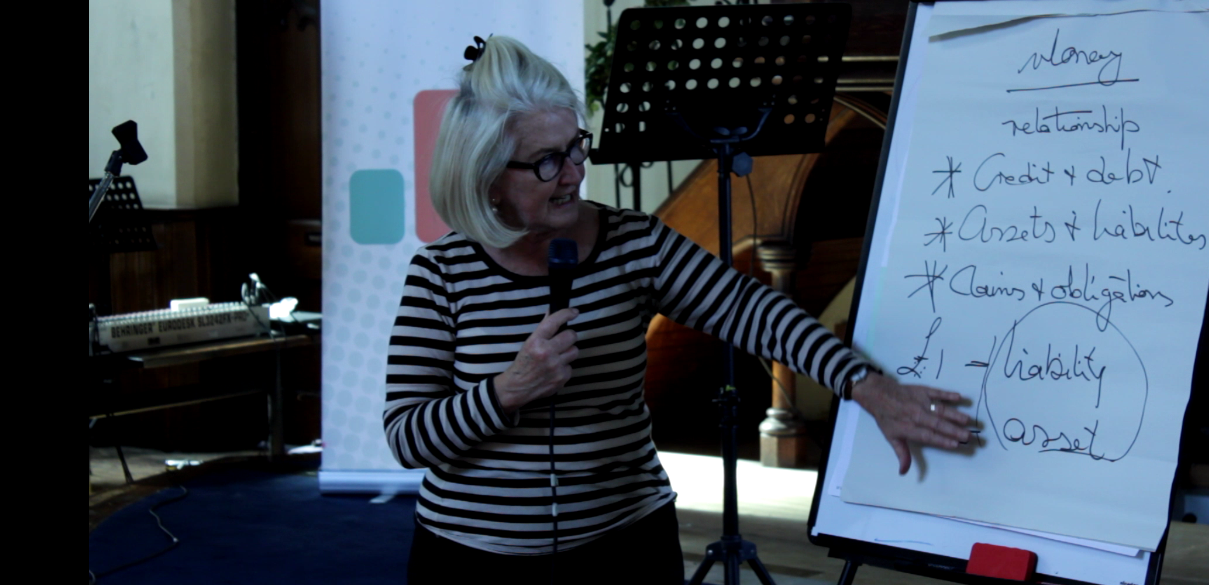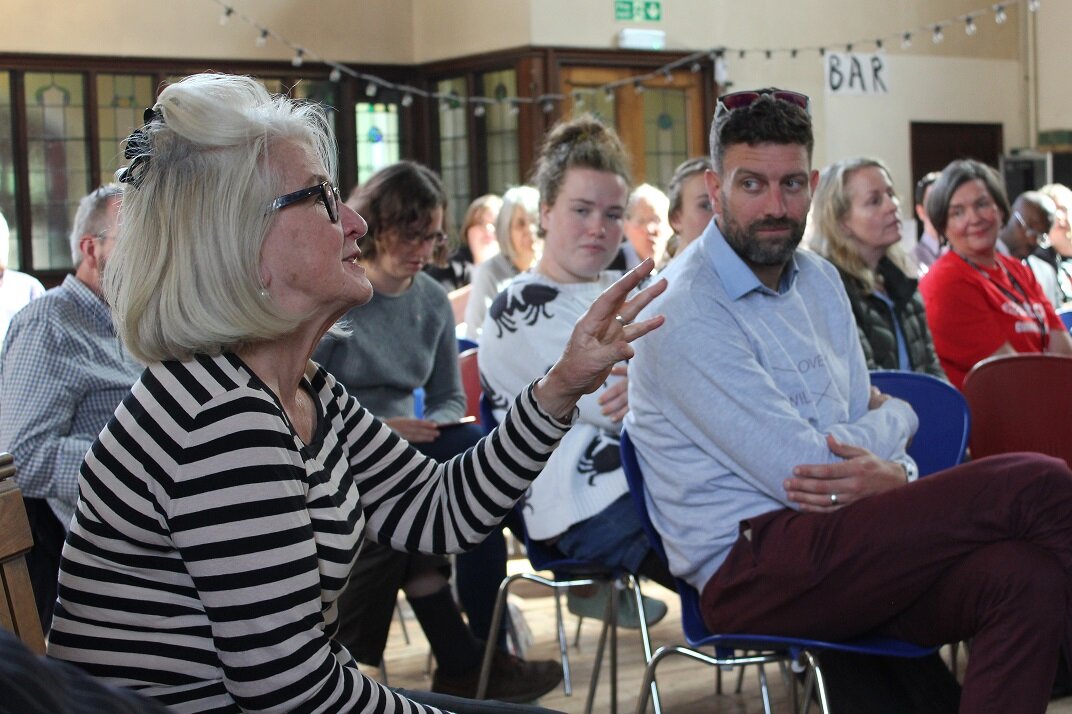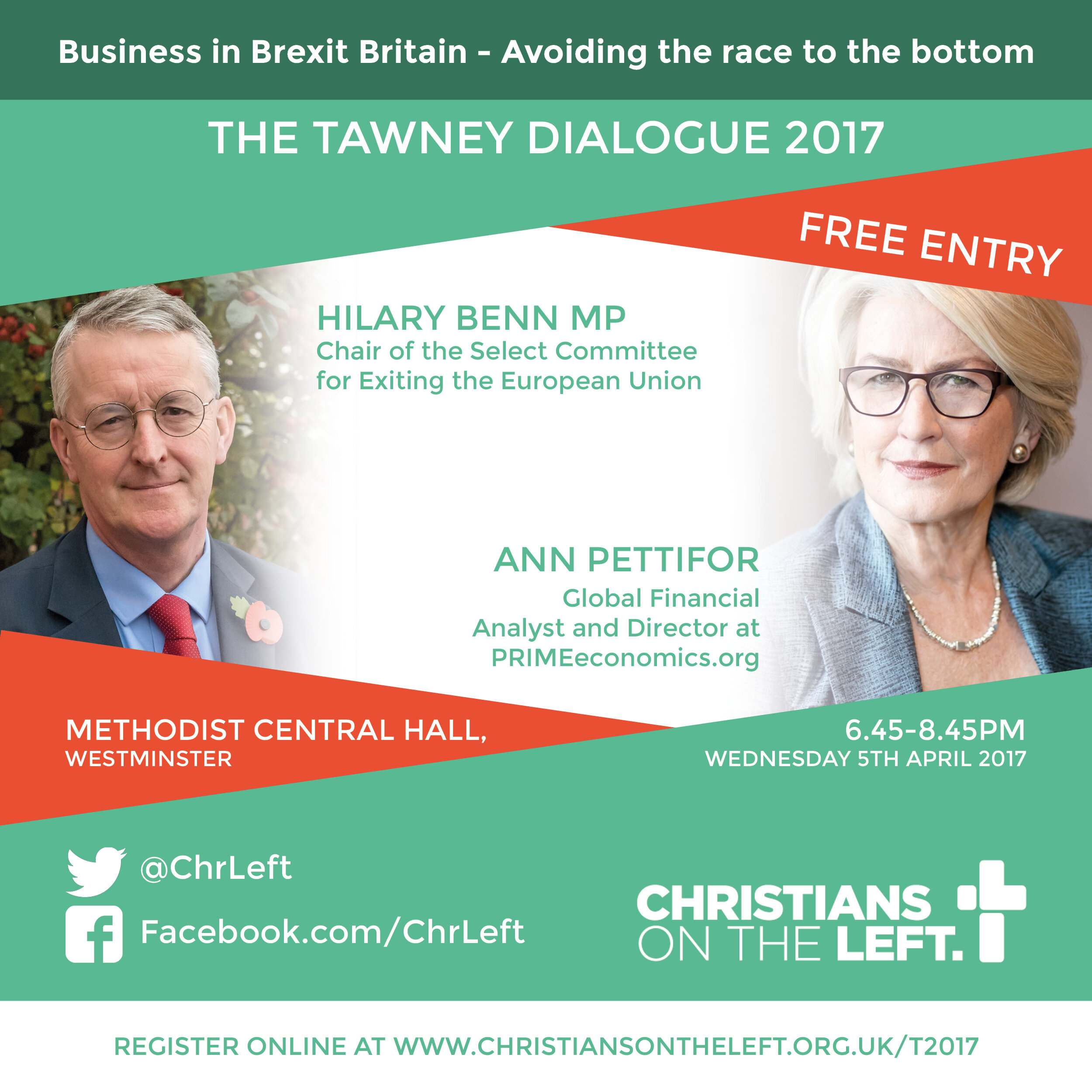Meet Ann Pettifor
Ann Pettifor will be one of our guest speakers at the Tawney dialogue this Wednesday.
Dr Ann Pettifor is a director of PRIME, an economic think tank and research institute committed to highlighting ‘the glaring failure of mainstream economics to challenge the finance sector’s role’[1]. She was a leading figure in the Jubilee 2000 debt campaign, which successfully argued the case for debt relief for developing countries.
Ann has argued consistently that the neoliberal economic model of globalised finance is flawed. She believes that when taken to excess it will inevitably cause serious harm both to the ‘real economy’ and to the social fabric of nations and communities. Furthermore, she argues that the present political backlash is largely the result of popular disillusionment with the financial status quo of recent decades, a position she summarised in her essay on Brexit:
Re-regulating the British economy in favour of finance and enriching the 1% while shrinking labour’s share of income resulted in rising inequality and lit a still smouldering fuse of popular resentment. Resentment made most explicit in the Brexit vote.[2]
She endorsed the Remain campaign in the referendum, for both economic and political reasons:
With few exceptions the Brexit leaders are market fundamentalists, anxious o blame foreigners for the state of our economy; to attack European ordoliberalism rather than the – if anything more damaging – Anglo-Saxon Osbornomics.[3]
Ann has expressed particular concern about government policy leading up to and following on from Brexit. She believes that the economic dangers of Brexit should presage a more active role for the state, rejecting the chancellor’s targets to cut the deficit:
The task this new Chancellor faces is to get the economy up again, and to stabilise it through the trauma of Brexit. That will take money and investment. … Instead Chancellor Hammond has promised to continue slashing the very departmental expenditure essential to smooth the path to Brexit. We must conclude that he does not wish to invest in a safe Brexit.[4]
[1] Please visit http://www.primeeconomics.org/about/
[2] From http://www.primeeconomics.org/articles/brexit-and-its-consequences
[3] From http://www.primeeconomics.org/articles/j7666g80a2a1tn0pjm33fwp5okn5fw
[4] From http://www.independent.co.uk/voices/autumn-statement-philip-hammond-what-happened-brexit-cuts-weak-political-leadership-economics-a7434676.html





